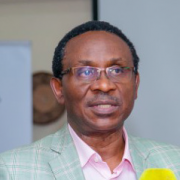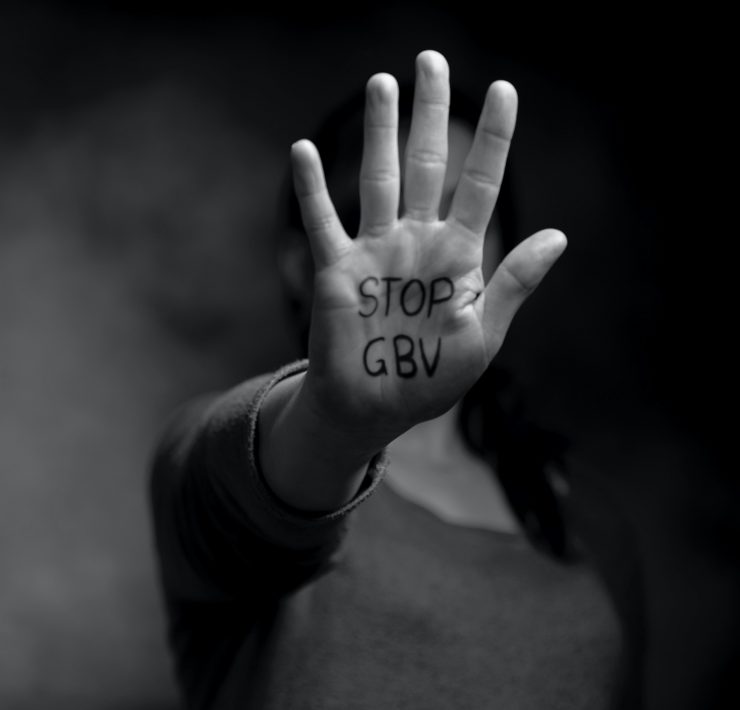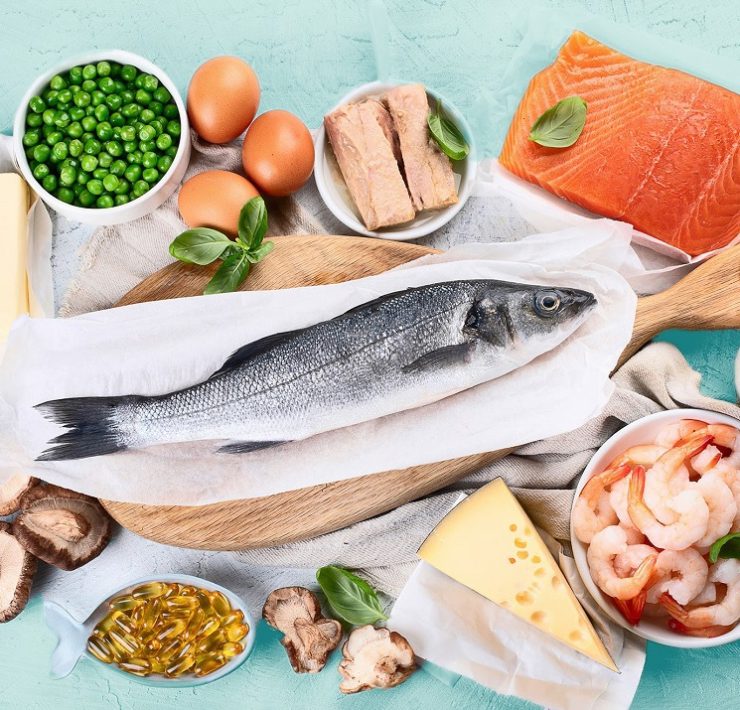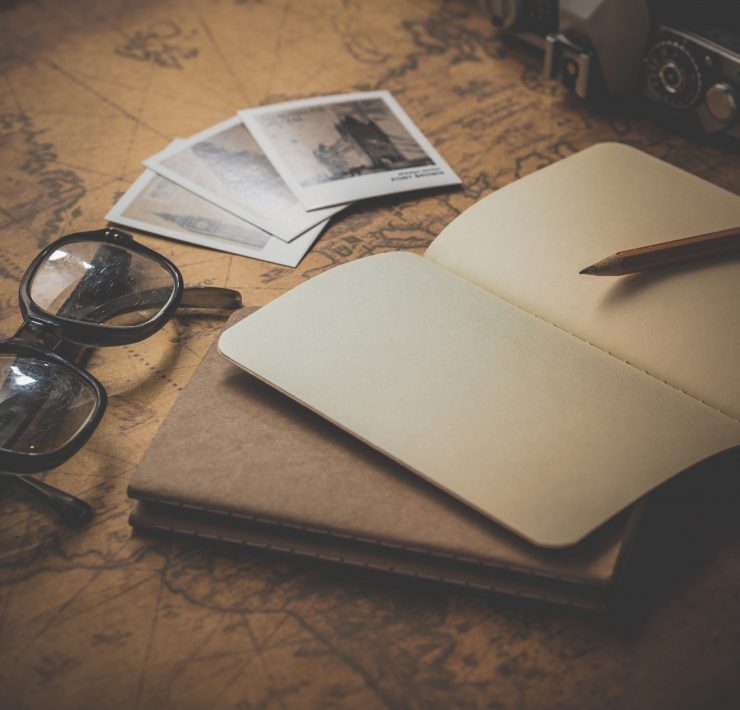THE COVID-19 DEBATE

Anselm Adodo is the Director of Africa Centre for Integral…
A PERSPECTIVE
The COVID-19 pandemic has clearly demonstrated the fact that the nations who will attain economic sufficiency, wealth, health, and prosperity in the 21st century are those nations who depend on their own inner genius and resources. In short, human capital and originality is the hallmark of the successful nation of the future. If African countries are lagging in almost every aspect of human development index, it is not because the African people are less intelligent than other races. On the contrary, Africa is blessed with brilliant and intelligent men and women.
The biggest challenge for Africans is mainly a mindset problem. Some people blame this mindset on colonialism, some on foreign religions and some on western education.
In the past, we used to hear about physicians who provide health CARE to the sick. Physicians who genuinely care for the sick. Today, it seems what we have are more of health specialists or professionals, who help us fix our bodies when broken down so that we can keep on moving. Yes, they may have cured us, but do they really CARE?
Is health care in the modern world becoming more of a business venture rather than a CARE profession? And what about the botanist and taxonomist who, while gaining a technical knowledge of trees and plants, have lost knowledge of the forest? Or the astronaut who, while becoming an expert in the study of the moon and the stars, has lost knowledge of the sky? Before our very eyes, we observe experts and professionals taking over our lives, controlling it, and forming a powerful clique with a claim to a monopoly of knowledge, and restricting our access to the open book which is nature.
As men and women of goodwill, we must show a keen interest in the quality of advice given to government by our experts. Is government getting the right advice concerning health care and how to improve it? Has importation of sophisticated machines into our hospitals (most of which do not even have mosquito netted windows, regular electricity, and well-trained technicians) translated into more efficient health care and treatment? Does bigger spending really translate into better health services?
In villages where there are no roads, no electricity, no hospitals, what form of health care should government put in place? Since the current health system in operation in Nigeria has not fully met the health needs of the people, what alternative do we have? Is government ready and willing to explore and embrace the alternative? Do we honestly believe that the health care model of the developed and industrialized countries of Europe and America is suitable to, or is practicable in Africa?
The term ‘traditional’ tends to suggest something illogical, irrational, unscientific, mysterious and old fashioned. Therefore, ‘traditional medicine’ conjures images of paganism, fetishism, idol-worship, and ritualism in the minds of the educated and the religious elite as well as the public. Perhaps it is time to discard this term and replace it with something else.
Why is it that it is only when we talk about AFRICA that everything suddenly becomes TRADITIONAL and NATIVE? : Native language, native medicine, native doctor, native dance, native food, native dress and of course, native human beings. When an African demonstrates exceptional academic and innovative brilliance, we say that he/she has ‘native intelligence’, while his/her western counterpart is called a ‘genius’. Unconsciously, you and I grew up with a tendency to regard ourselves as inferior people, local people, native people, traditional people, second-hand people, Tokunbo people.
Even our institutions of higher learning are called local universities, native schools etc. Our local kings are called ‘traditional rulers’, while those in the western world are simply called Kings, Queens, Prices or princesses.
This is what I referred to as mindset problem. You can see evidence of it in our fascination with foreign made, imported goods. We import everything: Pencils, razor blade, Yam, Pineapple, Beans, tomato, wine, cloths, shoes, music, books, economic theories, politics. Everything. If some Nigerians have their way, they will import themselves.
Who will help us solve this problem? Nobody but we ourselves can do this. Political freedom and economic freedom are not enough. The most vital freedom we need in Africa is epistemic freedom. The time is now.
What's Your Reaction?
Anselm Adodo is the Director of Africa Centre for Integral Research and Development, Nigeria and founder of Arica's foremost herbal research Institute, the Pax Herbal Clinic and Research Laboratories (Paxherbals). His research interest is Phytomedicine, Taxonomy of African medicinal plants, indigenous knowledge systems, rural community development, Africanized economic models, health policy reform, and education transformation in Africa. Apart from publications in journals, magazines, national dailies and peer-reviewed journals, Anselm has written more than ten books. He is an adjunct visiting lecturer at the Institute of African Studies, University of Ibadan, Nigeria, an Adjunct Research Fellow of the Nigerian Institute of Medical Research, a Fellow of the Nigerian Society of Botanists, a Research Associate at the University of Johannesburg, South Africa, and an adjunct professor at Morehouse School of Medicine, Atlanta, Georgia, USA.

















